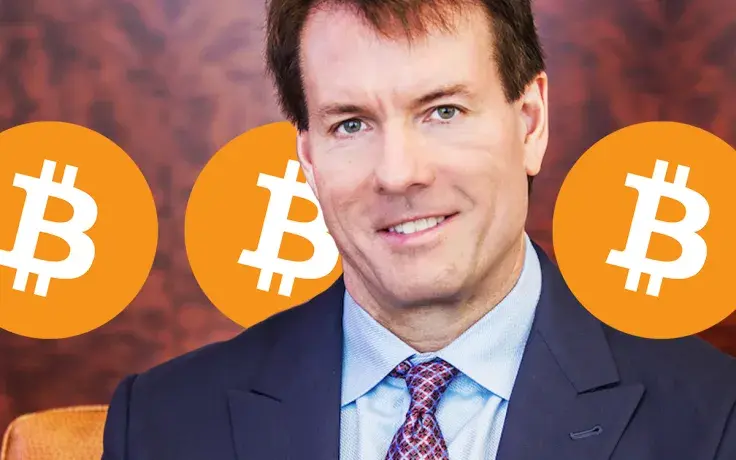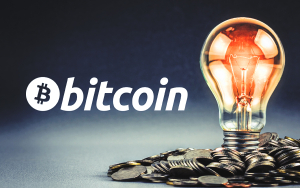
Michael Saylor, the head of Bitcoin holding giant Microstrategy and a recently converted Bitcoin advocate, has published another pro-Bitcoin tweet.
The CEO points out the fact that, at the moment, Bitcoin is not as volatile as many chief market indexes and the stocks of Microsoft, Apple and many other top global companies, as well as top precious metals.
"Today BTC was less volatile than" a lot of things
Michael Saylor has taken to Twitter to tell the community that Bitcoin currently shows less volatility than the S&P 500, NASDAQ indexes, treasuries, gold, silver and even the stocks of global tech giants.
Today, #BTC was less volatile than NASDAQ, S&P 500, Dow Jones, Russell 2000, 10 & 30 Year Treasuries, Gold, Silver, Apple, Amazon, Microsoft, & Facebook. #Bitcoin advocates should stop apologizing for volatility.
Advertisement
Since December of last year, the flagship digital currency has not been making any sharp price actions—apart from Black Thursday on March 12—and has been gradually rising.
On Oct. 22, Bitcoin started to appreciate, rising above the $11,800 zone. On Nov. 5, BTC broke above $15,000 and almost tapped the $16,000 level.
Michael Saylor summed it up by urging Bitcoin holders to stop apologizing for its volatility.
Wall Street is warming up to Bitcoin
As reported by U.Today, millionaire Bill Pulte has recently pointed out that Bitcoin adoption by Wall Street is growing at a large pace. Wall Street has started to pick up the windows of Bitcoin, he stated.
Just recently, many large figures in the world of finance and the economy have changed their rhetoric regarding Bitcoin and began to embrace it or at least call it a store of value.
Among them is Nouriel Roubini (aka Dr. Doom), Stanley Druckenmiller, Bill Miller and Paul Tudor Jones.
Another important thing is that, recently, JP Morgan has admitted that institutional players are more interested in acquiring Bitcoin (in the form of Grayscale's GBTC stocks mostly), rather than laying their hands on gold or gold ETFs.

 Dan Burgin
Dan Burgin Vladislav Sopov
Vladislav Sopov